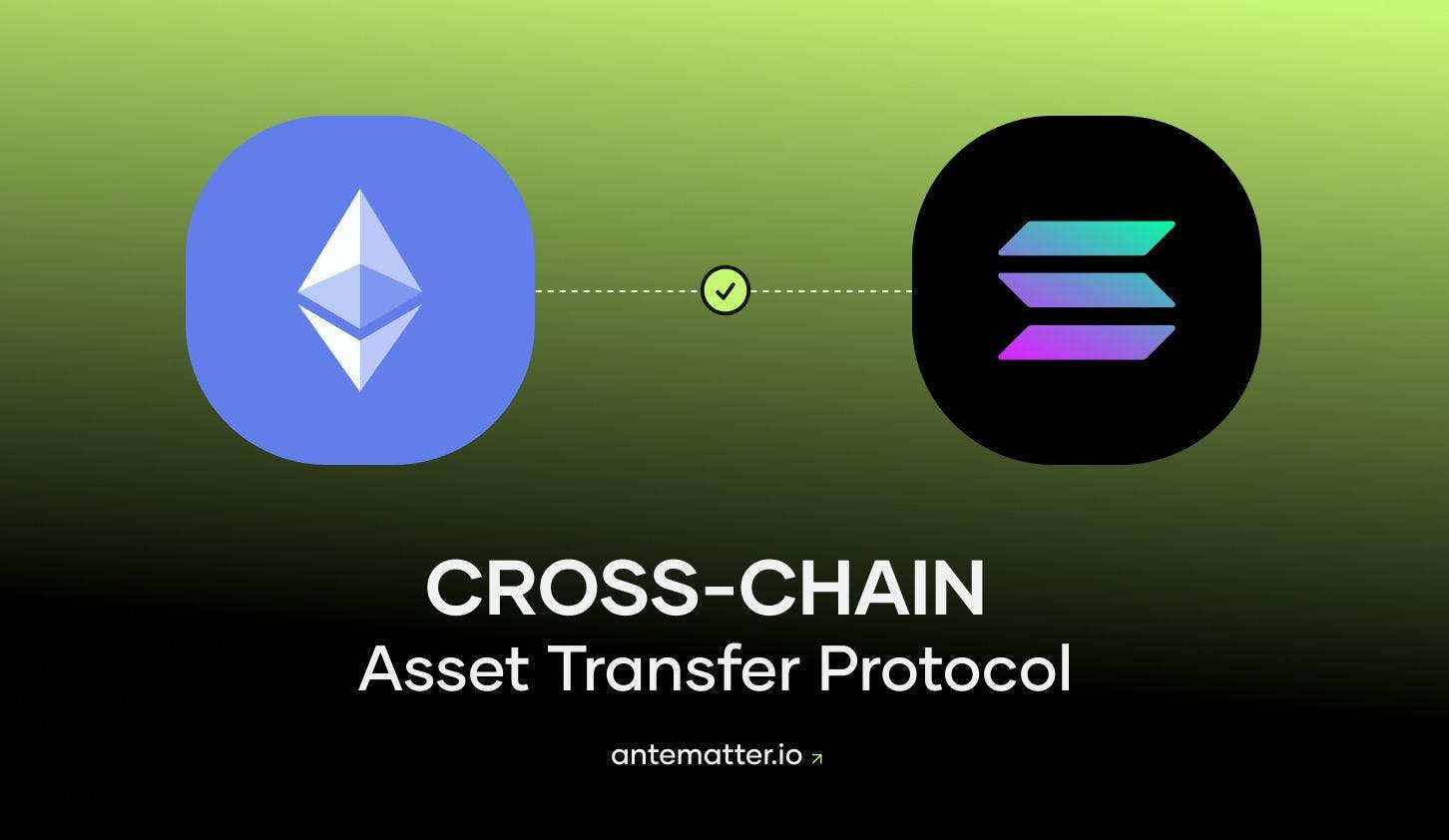Cross-chain Asset Transfer Protocol

Client Background
The client is a decentralized finance (DeFi) protocol supported by prominent Web3 venture capitalists and projects. Their objective was to create a protocol that enables seamless asset transfers across diverse blockchains without the need for asset-wrapping. Currently, the project is in its beta stage and has integrated only EVM-compatible chains.
Problem Statement
The project exclusively supported EVM chains. However, the client expressed a desire to integrate Solana and other Move-based blockchains. Unfortunately, they lacked the internal expertise to execute this integration. Additionally, due to the protocol standards, there was a scarcity of information available on such an integration. If achieved, it would be a pioneering endeavor. To accomplish this, the client was seeking Solana specialists with extensive knowledge in DeFi to adapt their standard for Solana.
Solution
Our team has developed Solana smart contracts that seamlessly integrate with the client's inter-operability standard, including EVM contracts. Extensive research has been conducted on the standards, and we have filled any gaps in tooling where necessary, given the relatively unexplored nature of this space. Furthermore, we have made updates to existing Solana tooling to ensure compatibility with all the current blockchains supported by the standard and have also contributed to the standards through open-source contributions.
Results & Highlights
- The asset transfer functionality that we assisted in implementing is a groundbreaking solution that enables seamless inter-operability without the need for asset wrapping. This innovative approach stands alone as the only existing solution that allows liquidity on EVM chains to be accessed by Solana, and vice-versa, without the involvement of any intermediaries.
- Our team achieved a successful integration of our smart contracts with the client's chosen inter-operability standard. This integration is currently the only one of its kind with Solana for this standard. Furthermore, we completed the integration a whole week ahead of the agreed deadline, leading to a long-term collaboration on the client's internal projects.
- The smart contracts have been meticulously designed and engineered to be highly structured and scalable. This enables seamless updates with minimal refactoring required, ensuring efficient maintenance and futureproofing of the system.
- The resulting contracts underwent rigorous testing to ensure that the test cases could be seamlessly transferred into the production backend without the need for any modifications. This meticulous testing process guarantees consistency among all stakeholders and establishes the system's long-term reliability.
- Our team successfully implemented the contract to meet the client's requirement of granting complete ownership of the deployed tokens to the user. This was made possible by implementing a creative anti-pattern devised by our team. Without this innovative approach, the integration would not have been possible.
- We also ensured that the smart contract had no security vulnerabilities.
Conclusion
This case study highlights our extensive expertise in Solana and our deep understanding of blockchain technology, including inter-operability protocols. Our in-depth knowledge of Solana is derived from our contributions to open-source projects, which have allowed us to continuously enhance existing tools and develop innovative solutions to achieve the seemingly impossible. In addition to the technical aspects, we provided comprehensive guidance to the client's in-house team, ensuring a seamless integration process.